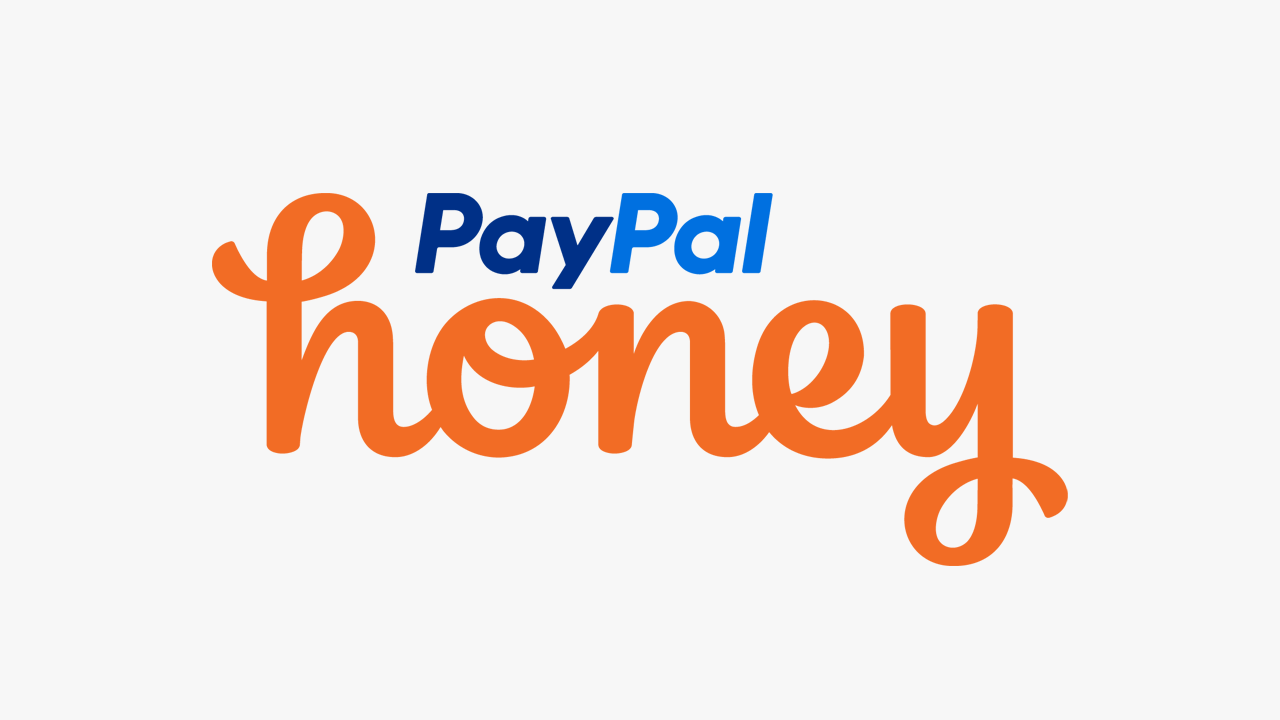
As brand marketers look for additional ways to build, grow and engage with consumers they are often turning to influencer marketing. This means working with select content providers and bloggers that have developed a following and can help the brand reach a new audience in ways they couldn't.More often than not, this involves the merchant paying the blogger to create a one-time content piece that appears on the influencer's site. That strategy works and yields results for both parties. However, it usually results in a traffic spike for the merchant only for a short period of time and the influencer is only paid once for their content.Recently, speaking at Influencer Marketing Days in New York, Marty Marion, Director of Digital at iAffiliate Management, discussed additional ways for merchants and influencers to work together. His presentation called Beyond Sponsored Posts: Monetizing for the Long Haul, focused on both parties establishing a relationship and creating a long-term content strategy that is a win-win.Having an influencer strategy has many benefits for both merchants and influencers including:
- Creating new real-estate onsite and offsite
- Reinforcing authority and trust
- Increasing inbound and outbound links
- Increasing traffic and engagement
- Upping onsite time duration
- Strengthening SEO
- Creating lifetime advocates and customers, as well as brand ambassadors
- Forging lasting partnerships
The Merchant Plan
First, a merchant must outline their goals. It can be clicks, leads, sales, engagement, audience building or something else. Merchants also need to look at how they approach their own content as well as content appearing on partner sites. And they need to create a viable method to compensate partners for content. It all starts with the content. A long-term content strategy can help merchants create and develop content that is evergreen with a permanent digital footprint that last indefinitely. And then, through continued optimization, that content can expand and evolve over time increasing in value and continue to perform based on the predetermined goals - drive sales, leads, brand awareness, SEO value, etc. Merchants also need to look at the type of content that works best for accomplishing goals.
- Articles - can be informative, authentic, brand controlled
- Social Posts - can be designed to drive engagement (likes and shares), conversions (leads, sales, signups)
- Reviews - can be focused on product or service reviews
- Vlog/Video - can show off a visual product or service reviews, and how-to videos
- Imagery - can be used for generating excitement, and generating interest on visual social networks like Pinterest and Instagram
For merchants that want to monetize for the long-term and move beyond sponsored content, joining an affiliate network and launching an influencer affiliate program is the first step. This changes from the typical pay-to-play model to a pay on performance model. As a result, merchants have more options for linking, creatives, tracking, and messaging. And there are a variety of options when it comes to compensating influencers.
- Revshare - Pure affiliate model. Pay on performance based on a completed action
- Pay Per Post + Revshare - Sponsored and affiliate model combined
- Pay Per Post - Flat fee for each post
The Network Advantage
Affiliate networks give merchants access to a large variety of different influencers from niche specific, or industry specific, to large media players like Ziff Davis, CBS Inter-active, Zipfworks, VericalScope, and more. And, the large media players are buying up content sites and now control content on sites like PCMag, Business Insider, Wirecutter, many forums, and much more.There is a good chance most businesses align with one of the sites these large media players own. These media players also understand the affiliate model and the long-play to monetization because most are already working in all the affiliate networks and linking up content. They also understand the game of replenishing content, and reposting content throughout their many web properties.Additionally, this tactic allows merchants to grow partnerships and relationships with those who invest in a brand through content by becoming a brand advocate. Most compensate content partners beyond the rates of a traditional affiliate program.
Managing an Influencer Program
Brands that opt to have an influencer program can run it in-house or have an agency handle it. In-house oversight requires having resources in place to manage the day-to-day processes from recruitment to reporting. But managing a program in-house requires time and resources to deal with conversion verification, protecting the brand (including paid search), establishing messaging, and brand positioning. Agencies that have deep knowledge of the affiliate space can alleviate many of the hassles associated with managing an influencer program in-house. Agencies can deal with technical issues, recruiting, monitoring for fraud, and growing the influencer base. Many agencies already have in place the type of relationships a brand is looking to solidify.
The Influencer POV
Overall, the benefits for both merchants and influencers are generally the same. But for the influencer they can see repeated compensation for a single piece of content, rather than a one-time payment. That can be a big motivator to work with a brand.Meanwhile, like the brands, influencers also need a plan. They should determine the content categories they excel at. Evaluate whether or not they have plans to expand. Consider what brand they want to be associated with. Addtionally, influencers can also benefit and create sustainable monetization by signing up and registering with an affiliate network. Some influencer don't have time for affiliate networks and learning the necessary technology. For them, joining a sub-network is an alternative. Taking that route frees them up to focus on creating unique, compelling content.Most importantly, monetizing for the long haul is about creating ongoing partnerships and business relationships that can results in success for both parties.











